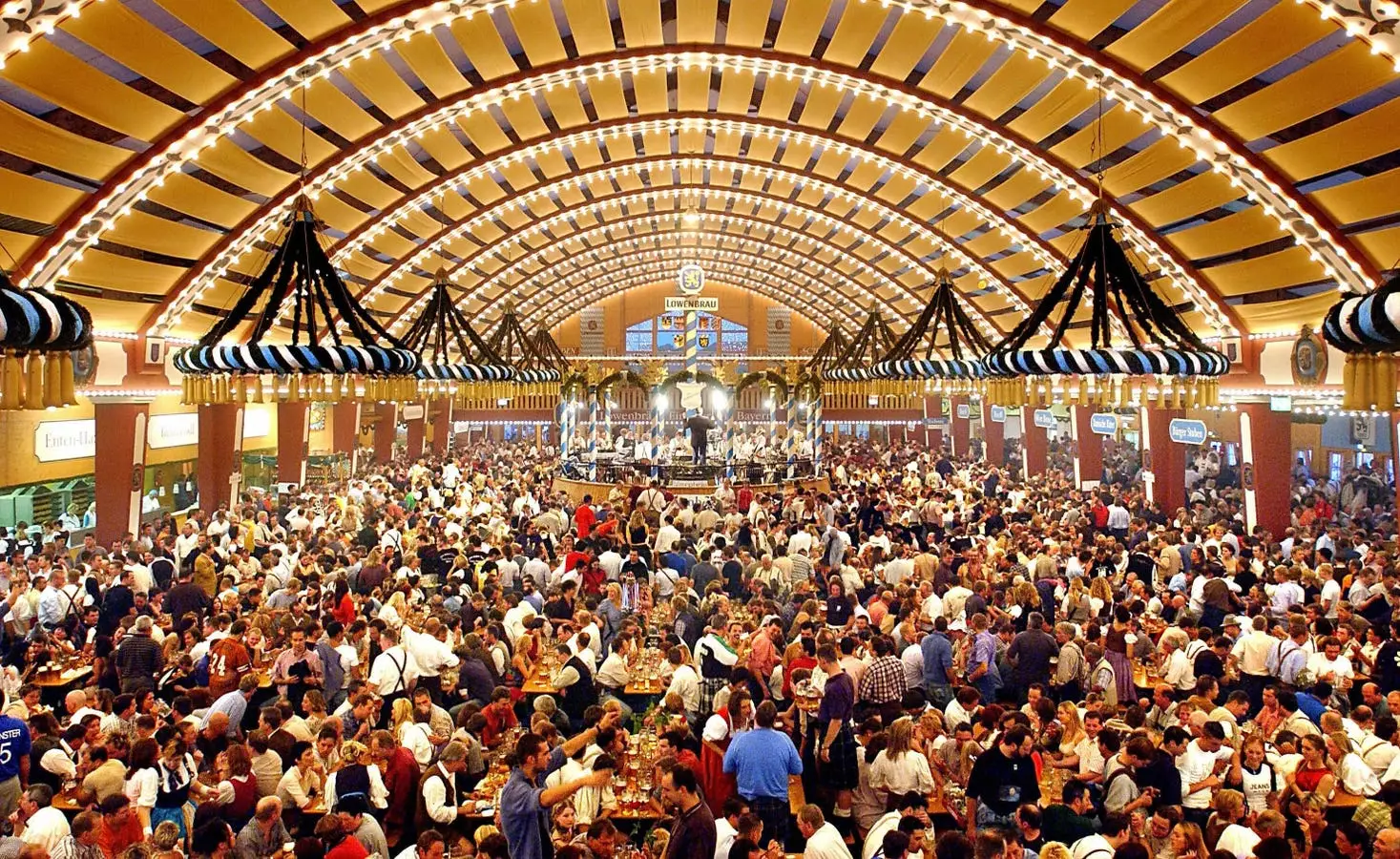The jubilant celebration of Oktoberfest is upon us, inviting beer lovers and culture enthusiasts alike to experience a cherished Bavarian tradition. To many, this annual festival signifies a time of joy, camaraderie, and, of course, indulgence in traditional beers and hearty foods. However, for those unfamiliar with its customs and vernacular, navigating Oktoberfest can feel overwhelming. This article serves as a detailed guide to help you immerse yourself in the rich traditions of Oktoberfest, ensuring you relish every moment of this festive season.
The Origins of Oktoberfest: A Historical Overview
To grasp Oktoberfest’s significance, one must first understand its historical roots. Celebrated since 1810, the festival originated as a royal wedding celebration for Crown Prince Ludwig of Bavaria and Princess Therese of Saxe-Hildburghausen. The marriage festivities took place in a large field in Munich, known as “Theresienwiese,” which translates to “meadow of Therese.” This space eventually became the home of what we now recognize as Oktoberfest.
Initially marking a grand horse race, the event quickly evolved into an agricultural fair that showcased Bavaria’s rich cultural heritage. Over the years, Oktoberfest has transformed into a global phenomenon, embracing modern attractions while still paying homage to its traditional beginnings. Today, thousands flock to Munich, transforming the once rural meadow into a bustling fairground alive with festive energy.
As you prepare for Oktoberfest, familiarizing yourself with some key Bavarian terms can enhance your experience. Locals might inquire if you’re attending the “Wiesn,” which refers lovingly to Oktoberfest. This endearing term captures the festival’s intimate connection to Bavarian culture. Additionally, understanding the difference in beer styles will serve you well: the quintessential Oktoberfest beer enjoyed in Munich is known as “Festbier,” characterized by its smooth and crisp flavor profile, generally above 6% ABV. In contrast, many Americans associate the festival with Märzen, an amber lager that is noticeably distinct from the Festbier served in Munich.
Moreover, it’s crucial to distinguish between a “Maßkrug” and a “stein.” While the former is a one-liter beer mug synonymous with Oktoberfest revelry, the latter typically refers to smaller and sometimes ornate stoneware vessels. Understanding these nuances will not only bolster your Oktoberfest vocabulary, but it may earn you brownie points with locals.
Beer serves as the heart of Oktoberfest, with a variety of styles representing Bavaria’s brewing mastery. The modern Festbier, defined by its refreshing character and subtle herbal notes, acts as the festival’s official beer, alluring novice drinkers and seasoned connoisseurs alike. Despite the United States’ frequent association of Oktoberfest with Märzen, experiencing the authentic Festbier while surrounded by joyous revelers in Munich is a must for anyone aspiring to appreciate this cherished tradition fully.
If you find yourself at Oktoberfest, embrace the iconic Maßkrug, filled to the brim with a rich, golden brew. Revelers typically enjoy these hearty pours accompanied by traditional Bavarian fare, such as pretzels, sausages, and roast chicken, enhancing the overall experience and filling the atmosphere with warm camaraderie.
Adorn Yourself: Embracing Bavarian Attire
To improve your Oktoberfest experience, consider donning traditional Bavarian attire, known as “tracht.” The finesse of a dirndl for women and lederhosen for men allows for an immersive experience into Bavarian culture. These garments not only offer comfort but also epitomize the spirit of Oktoberfest, linking attendees to the fest’s deep-rooted traditions.
Accessorize with a Tyrolean hat, often adorned with flamboyant decorations such as feathers or colorful bands. These hats contribute to the festive atmosphere and provide an excellent conversational starter with fellow attendees while highlighting your dedication to celebrating this storied tradition.
While the allure of Oktoberfest is undeniable, it is essential to celebrate responsibly. Whether you’re enjoying the excitement of the event with friends in Munich or hosting a backyard gathering, prioritizing safety and mindful consumption ensures that everyone can share in the joy of this time-honored festival. Adopting a considerate attitude contributes to the collective celebration, permitting both seasoned festival-goers and new attendees to revel in Oktoberfest’s rich cultural tapestry.
Oktoberfest stands as more than just a celebration of beer; it represents Bavarian culture, community, and history. Armed with knowledge of its origins, local customs, and beer culture, you’ll be well-prepared to dive into this lively tradition, savoring every moment. Prost!

